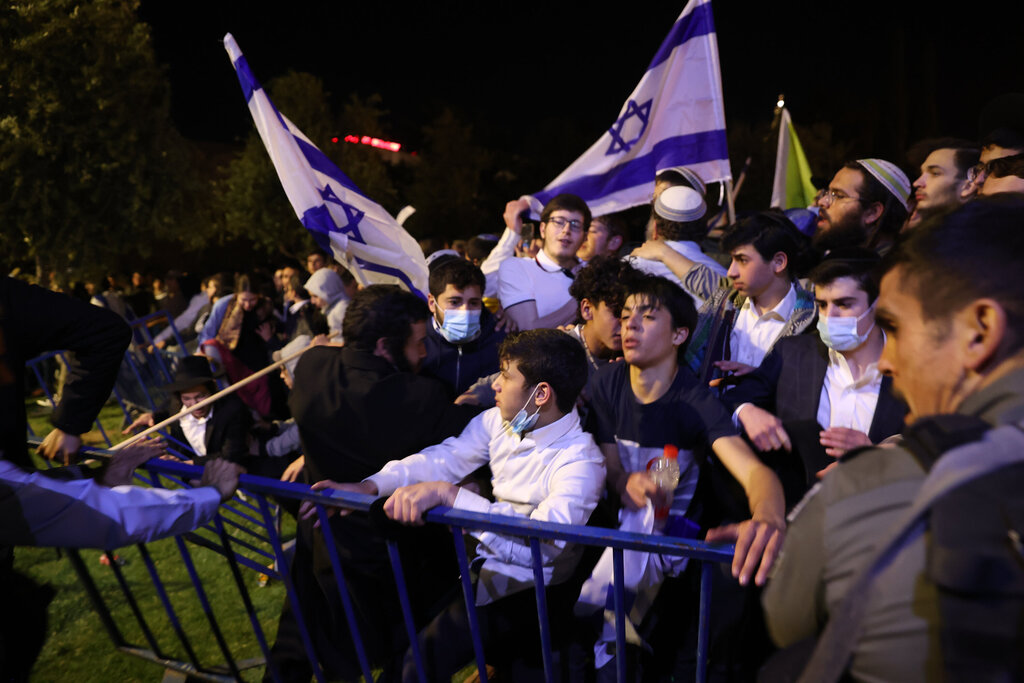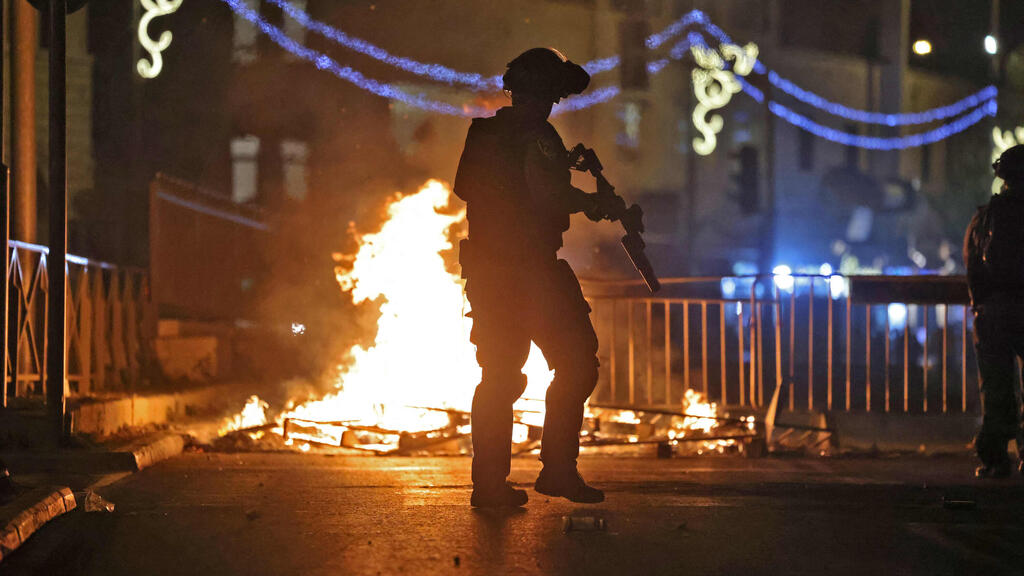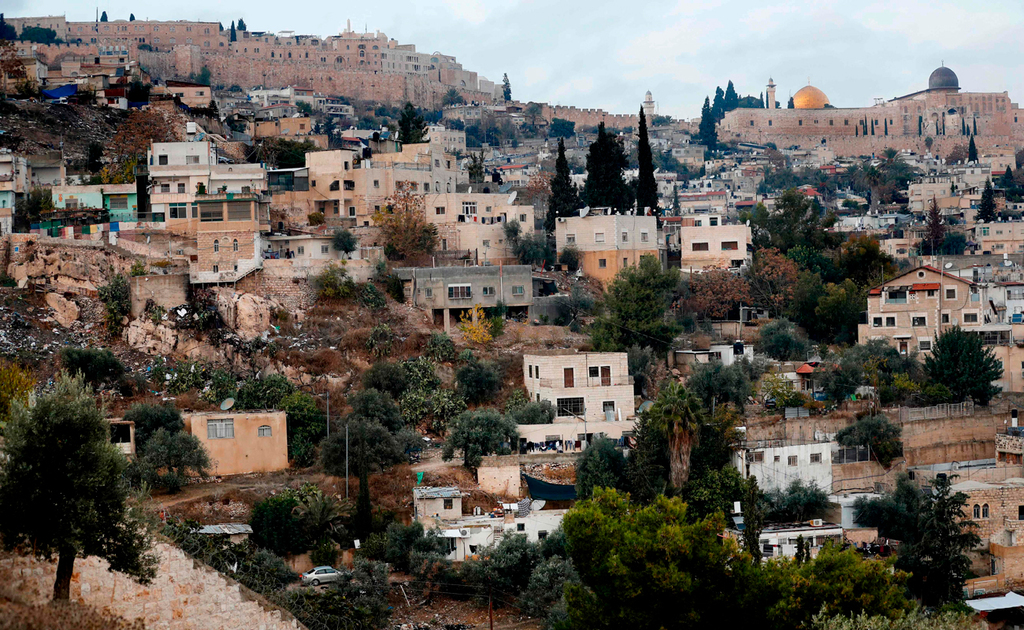Arabs should always deplore violence, regardless of the reason behind it. In light of the recent wave of violence that has descended upon Jerusalem, I will fulfill this obligation because I truly and deeply believe that no person should be attacked due to their affiliations.
Jerusalem has always been a complex city, where, unlike other metropolitans, the smallest spark can set its streets alight.
And if we are already touching on the city's complexities, according to the latest data released by the Jerusalem Institute for Policy Research, 59% of Jerusalem's Arab population live in poverty, twice more than their Jewish counterparts.
Do the state or city's welfare services provide help with this? Not really.
The state comptroller stated before that "the allocation of resources to social services in East Jerusalem is inefficient," and that they "do not follow the principle of substantive equality."
We could have expected that in a city with such a high poverty rate, municipal authorities will do more to ensure that the education system for this underprivileged group is bolstered to help with this issue, but we would be mistaken.
Despite a Supreme Court ruling on the matter, East Jerusalem is still thousands of classrooms short; the annual budgets allocated per student is significantly lower for Arab students compared to their Jewish counterparts and budgets for the five lowest economic tiers among Jewish students was 124% higher than the parallel groups in the Arab sector.
According to recent estimates, at least 1/3 of Arab students in Jerusalem do not finish their required 12 years of school, elucidating why the monthly wage gap between Jews and Arabs stands at thousands of shekels.
When Jerusalem holds its annual "Flag March," along with the flag of Israel, another banner is waived: the Judaization of the area.
This creed is not only flown by brainwashed far-right teenagers, but also by senior officials, like Jerusalem's Deputy Mayor Arieh King.
4 View gallery


Members of the far-right 'Lehava' group confront Police in Jerusalem
(Photo: Amit Shabi)
Though current mayor Moshe Lion has done many important things for the city's Arab population during his tenure, it is hard to tell whether he shares this outlook with his colleague King, but it can be said with certainty he is not a champion of equality.
Lion regularly claims that it was the lack of cooperation on the part of the city's Palestinian residents which led to many social services being cut, but the numbers speak for themselves.
The city does not provide the necessary solutions for the residents of East Jerusalem. In fact, the State of Israel has also recognized this through various government decisions, the most recent and significant of which came in May 2018 and called to "reduce socio-economic disparities and boost economic development in East Jerusalem."
A recent government report on the implementation of these decisions shows some progress has been made in some areas, but many gaps have stayed the same while others only deepened.
4 View gallery


Palestinians protest outside the Damascus Gate at Jerusalem's Old City
(Photo: Reuters)
Some would say it's the Jewish population's duty to bring East Jerusalem's Palestinian residents into the fold. But why does the answer to this question must be so extreme and all-encompassing when the Palestinians are dealing with specific territorial and social issues?
The current state of affairs must change. It is time to prioritize answering these issues on a local and national scale to urgently combat these deepening social-economic gaps before it all blows up in our faces.
Dr. Nasreen Haddad Haj-Yahya is director of the Israel Democracy Institute's Arab-Jewish Relations Program



